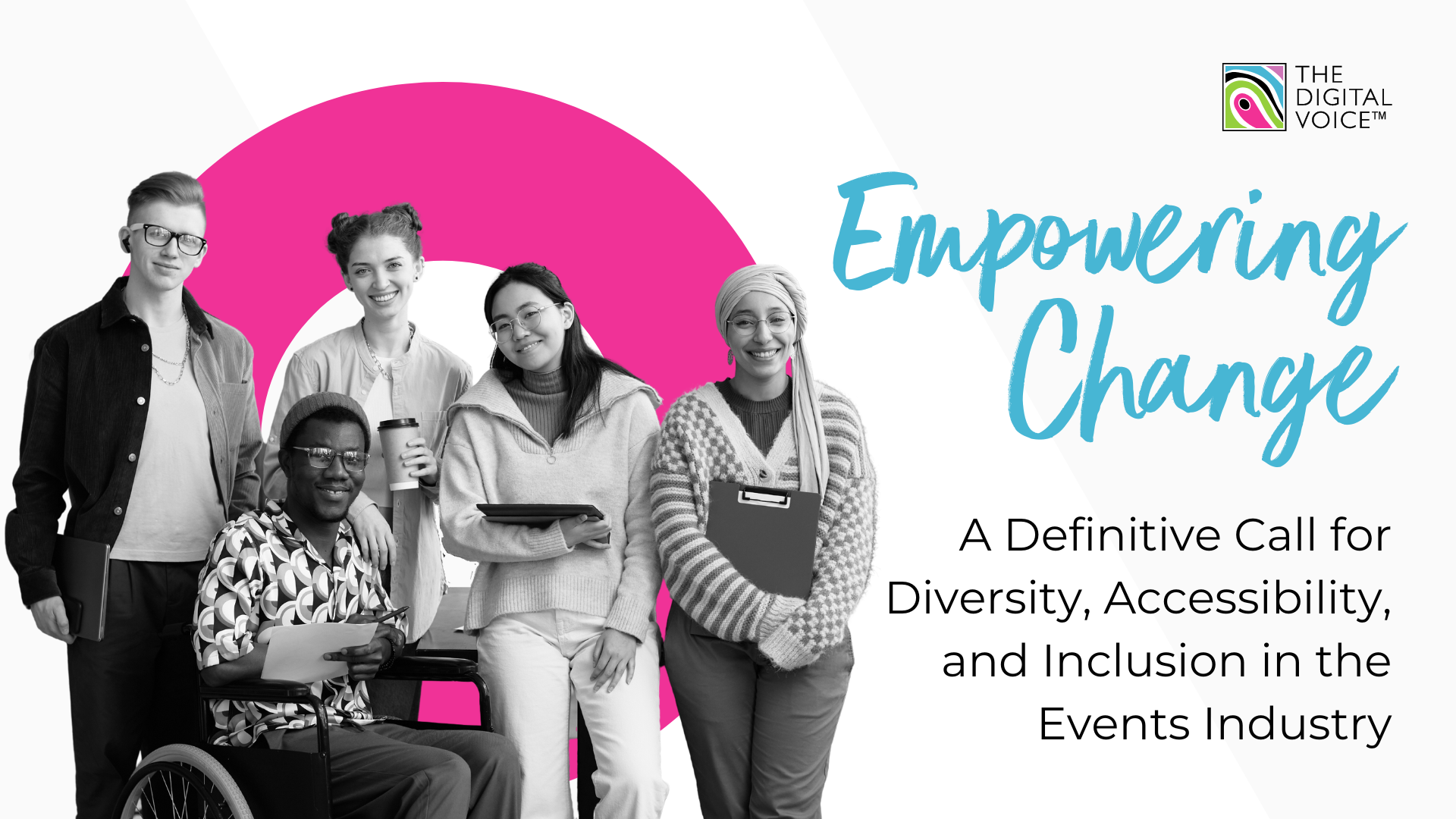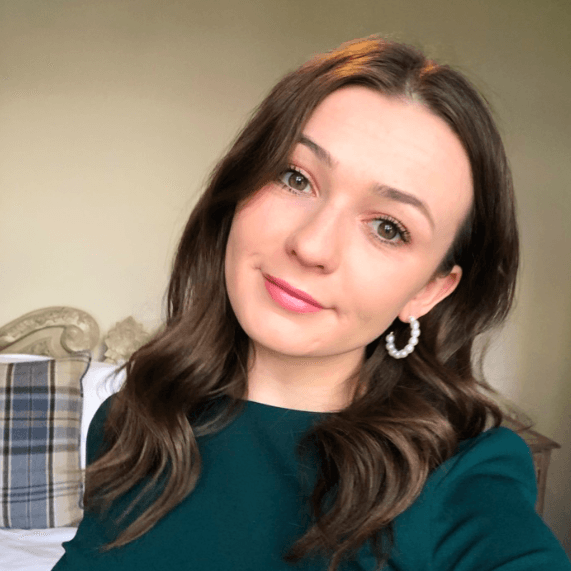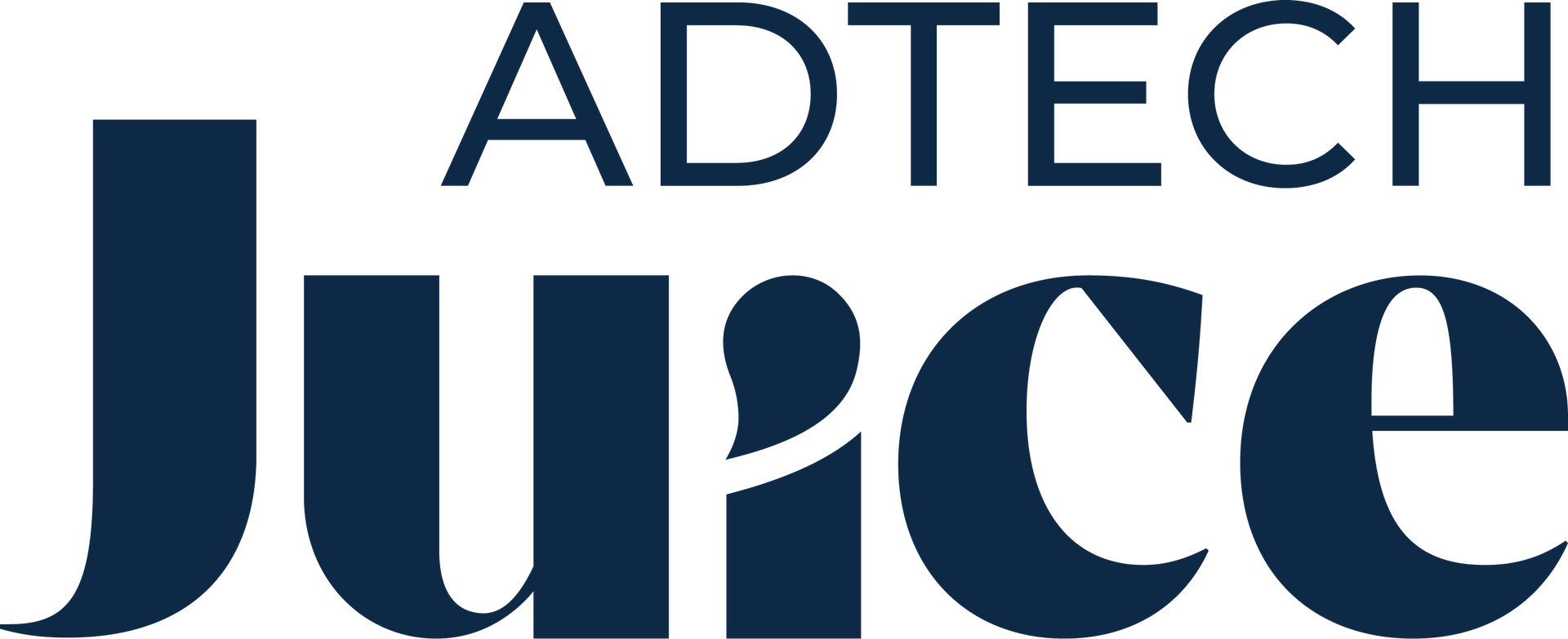Empowering Change:
A Definitive Call for Diversity, Accessibility,
and Inclusion in the Events Industry
by Amber O'Neill

As the curtains draw to a close on another exciting events season, our team are taking a moment to reflect on the highs, the lows, and the lessons learned for future events. Amid the buzz of successful festivals and seminars, one critical aspect that demands immediate attention is the promotion of diversity, inclusion, and accessibility. While strides have been made to welcome people with disabilities and to embrace acceptance and inclusivity, it's evident that there's still much to be done to make the events season accessible to all.
In recent times, the world has seen a growing awareness of the need for inclusivity in all aspects of life, and events are no exception. Celebrations, conferences, and gatherings are meant to unite people, bringing diverse communities together. However, it's essential to remember that true unity and celebration can only be achieved when everyone feels welcome and accommodated.
But how do we act on this?
The simple starting point is to make diversity, inclusion and accessibility a part of the initial planning process for events. By taking proactive steps to ensure these key three, event planners can create an environment where all attendees feel welcome, valued, and empowered to participate fully. Don’t be afraid to ask people what you can do to make events more inclusive. For events to be open to all, you should be open to hear all needs and wants. When planning for events, you should be considering the following:
- Ageing population
- Mobility
- Auditory
- Visual
- Families
- Neurodiverse
- Cultural
- Race
- Religion
- Gender
- Language
- Socio-economic
- Class
- Dietary
- Medical incontinence
- New parents
Lady Marie Dawson-Malcolm, Corporate Partnerships Coordinator at
Spinal Injuries Association
talks on how those with disabilities are often an afterthought when it comes to events. People might put in ramps or move some chairs but it’s still not doing enough. There are different types of disabilities, some that can’t even be seen, so how are you catering to all? It’s all about doing your research. Diversity and inclusion should go beyond physical accessibility. Events should strive to create an atmosphere that fosters a sense of belonging for everyone, irrespective of their background, disabilities, ethnicity, gender, or sexual orientation. Who is it that needs to be catered to? What do some people struggle with when it comes to events and how can you make an effort to resolve this? The internet is at your fingertips so use it! The more effort we start to put into it the more change we’ll start to see.
Taking inspiration: Who is doing it right?
Although there's still plenty to do and it can be quite overwhelming to try to tick all the boxes, we've spotted some brilliant initiatives during the events season that deserve some recognition for promoting and accomodating to inclusivity. Some honourable mentions include:
Lydia Amoah, founder of The Black Pound Report, was appointed as head of Black at Cannes Lions in the UK, and Cannes Lions offered free passes to Brixton Finishing School, DigiLearning and Lollipop Mentoring as part of #CannesForAll.- MAD//fest showcased the empowering Female Leader's Bar, where exclusive interviews with leading ladies from various industries took place, delving into important topics such as female empowerment, being a working mum and supporting women through the menopause in the workplace.
- Cannes Lions continued its efforts to enhance accessibility, building upon the progress made in 2022 when Google became the festival's first accessibility partner. This year, attendees at the Google Cannes Beach enjoyed improved accessibility with CART captions, sign language interpreters, and wheelchair-accessible spaces.
- Bloomfest thoughtfully provided a designated quiet space for attendees to rest and take a break amidst the bustling activities of the event, taking into consideration the importance of self-care and well-being within work environments. Speakers at the event also gave audio descriptions for people with hearing impairments so they felt more included.
- Bristol Pride further pushed for inclusivity by ensuring BSL interpreters were available on every stage and viewing platforms were provided for enhanced accessibility for those with disabilities.
Although much progress has been made and we are on the path to a more inclusive events industry, there is still much work to be done to make events truly accessible to all. By integrating diversity, inclusion, and accessibility into event planning from the outset, and drawing inspiration from commendable initiatives, we can pave the way for an events landscape that welcomes and celebrates individuals of all backgrounds, abilities, and identities.
Leverage the tools at your disposal, engage with your attendees, and inquire about their specific needs to tailor your event to accommodate them better. Remain receptive and open-minded to their feedback on how you can enhance their events experience. By embracing this responsibility, we can drive for real change and create events that reach the true goal of inclusivity and unity.

Amber O’Neill is a Senior Social and Content Writer at The Digital Voice PR Agency and has a strong foundation in PR and media through her Bachelor of Arts degree in Media and Communications with Political Studies from the University of Sussex. She also holds a Masters degree in Journalism and Documentary Practice and has been working in the media and communications industry since graduation.



